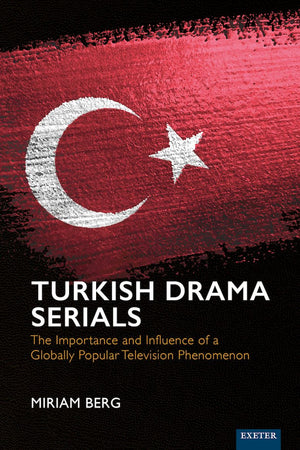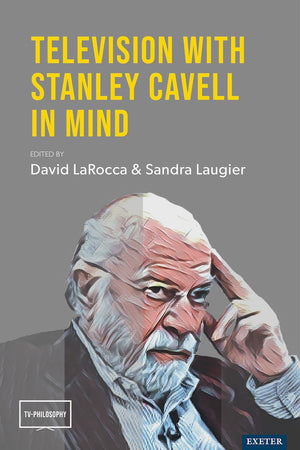University of Exeter Press
Global TV Series and the Political Imagination
Couldn't load pickup availability
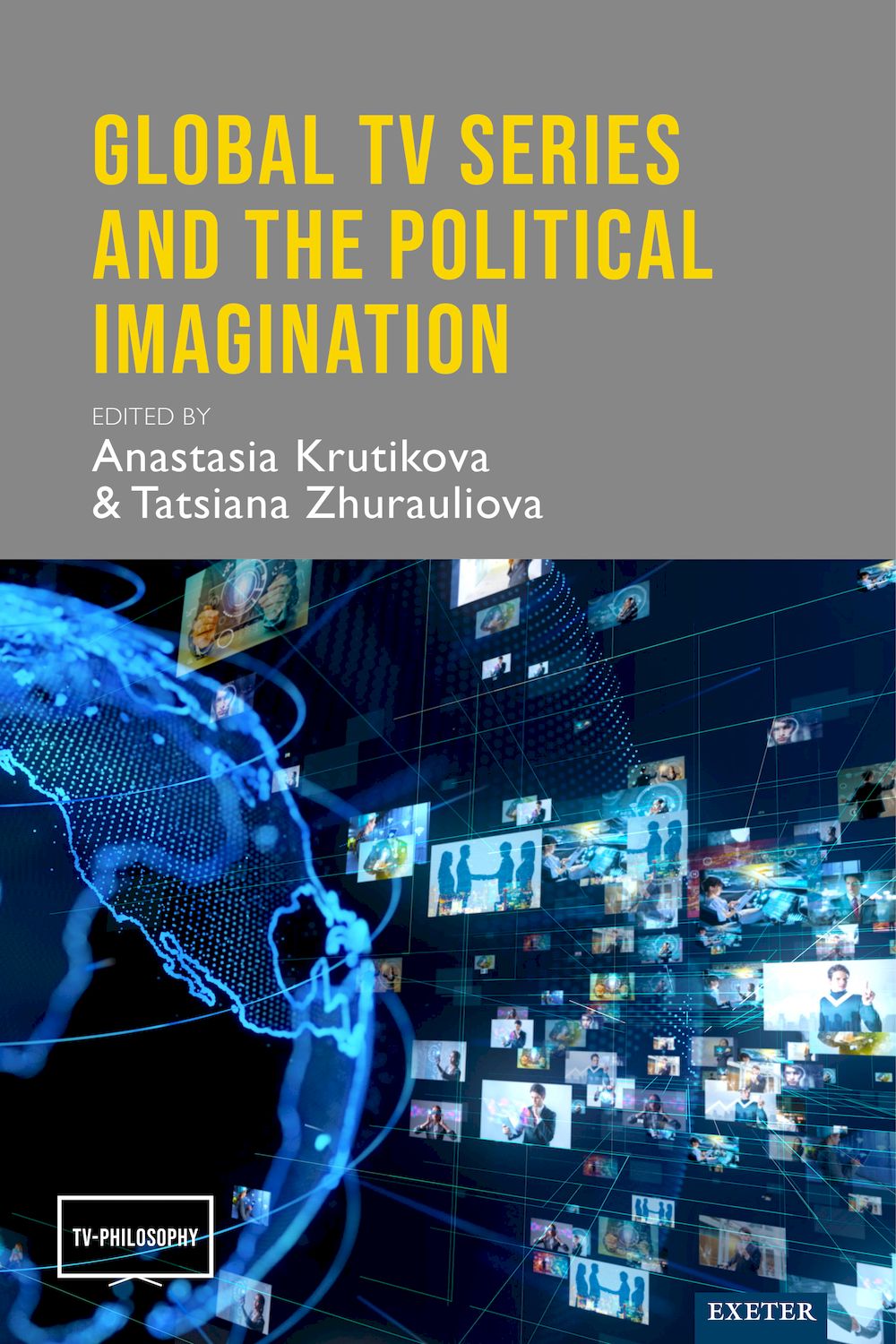
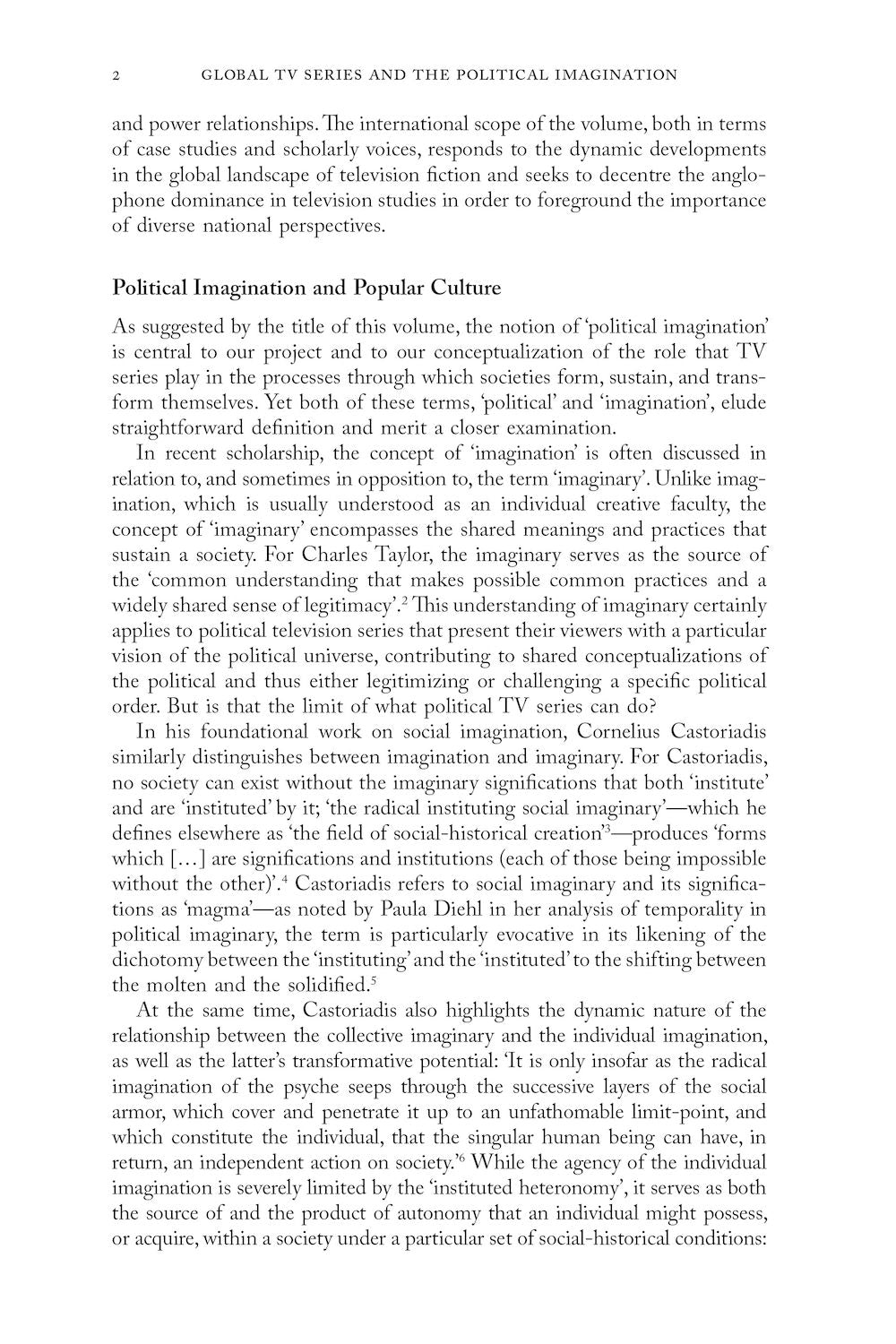
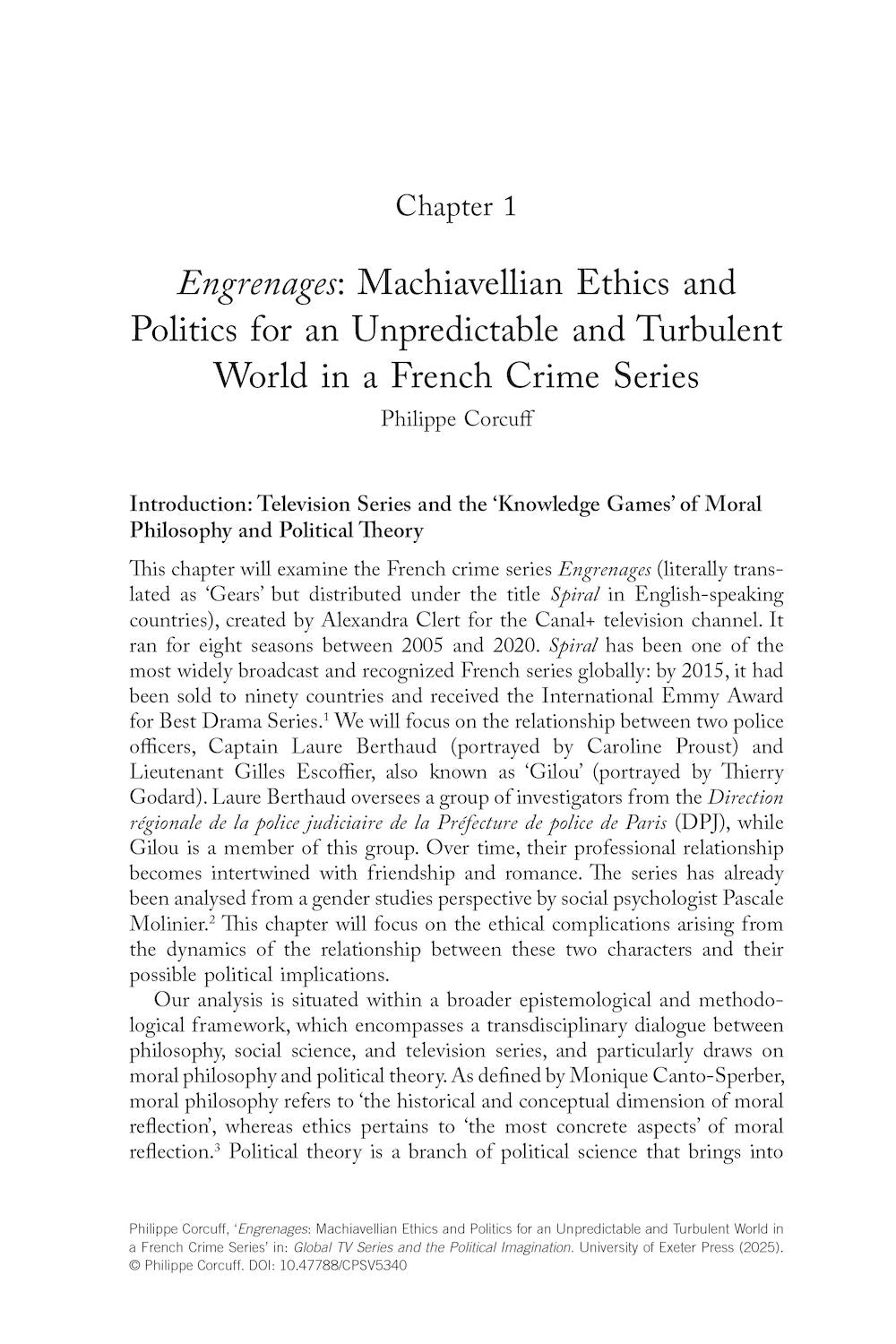
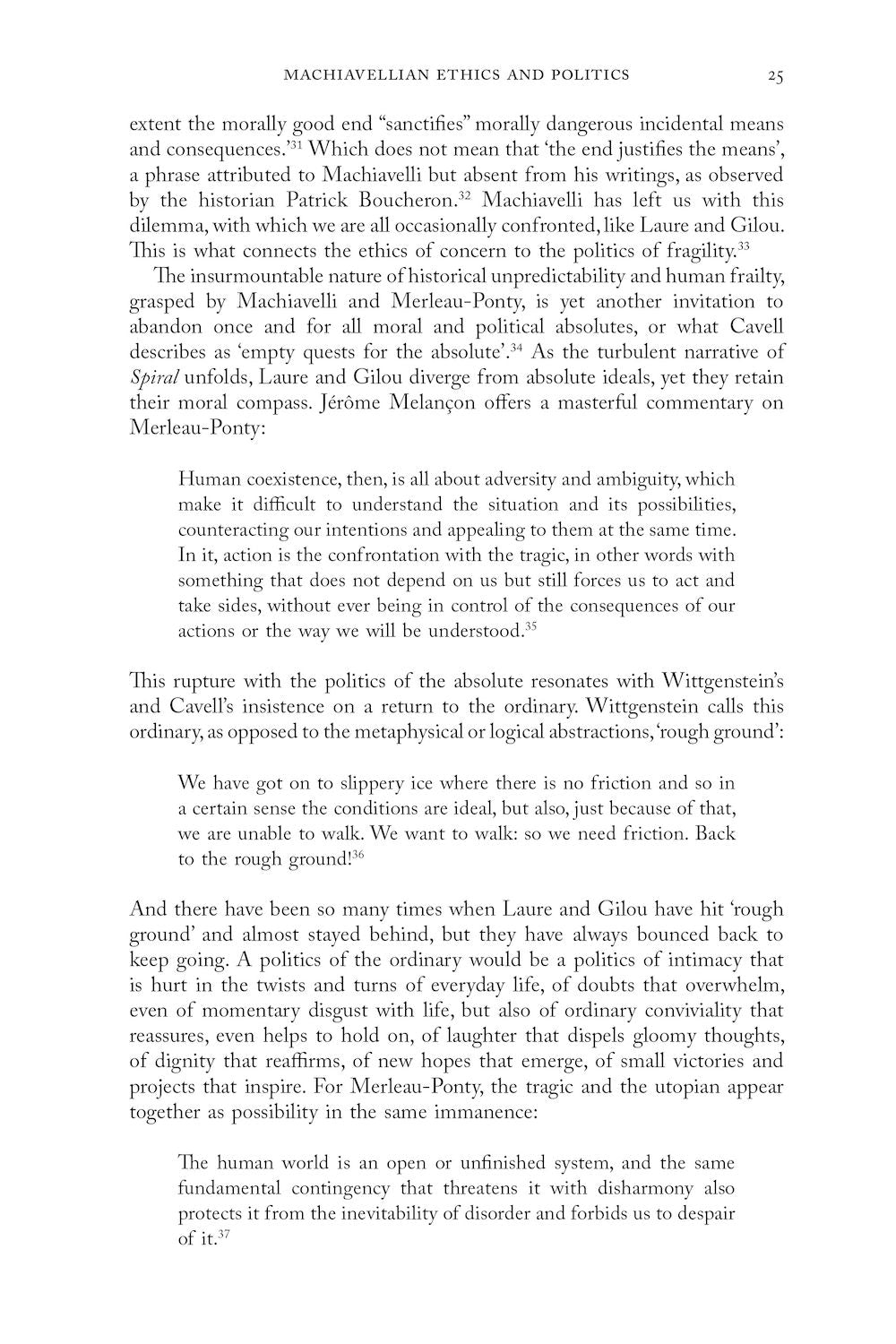
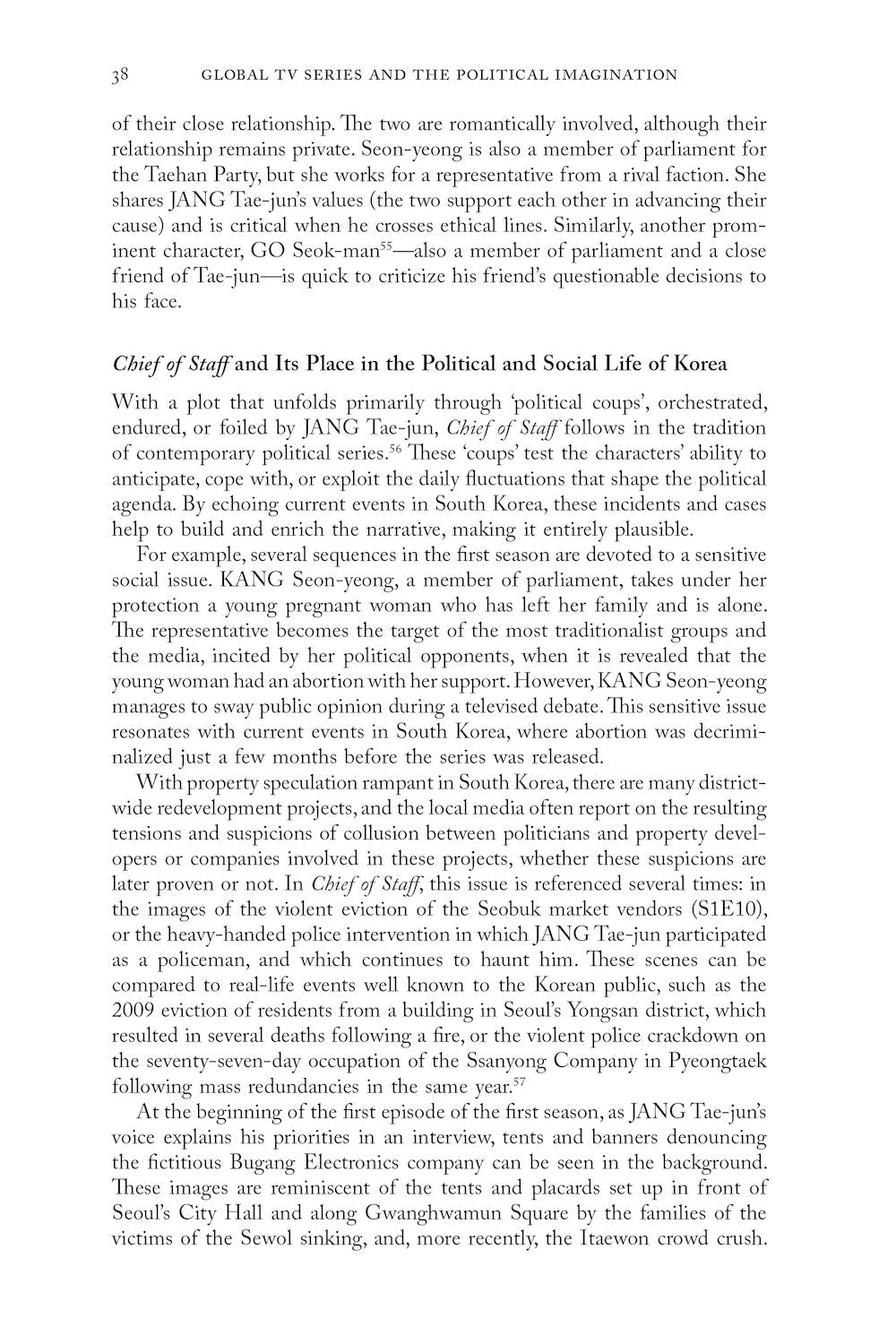
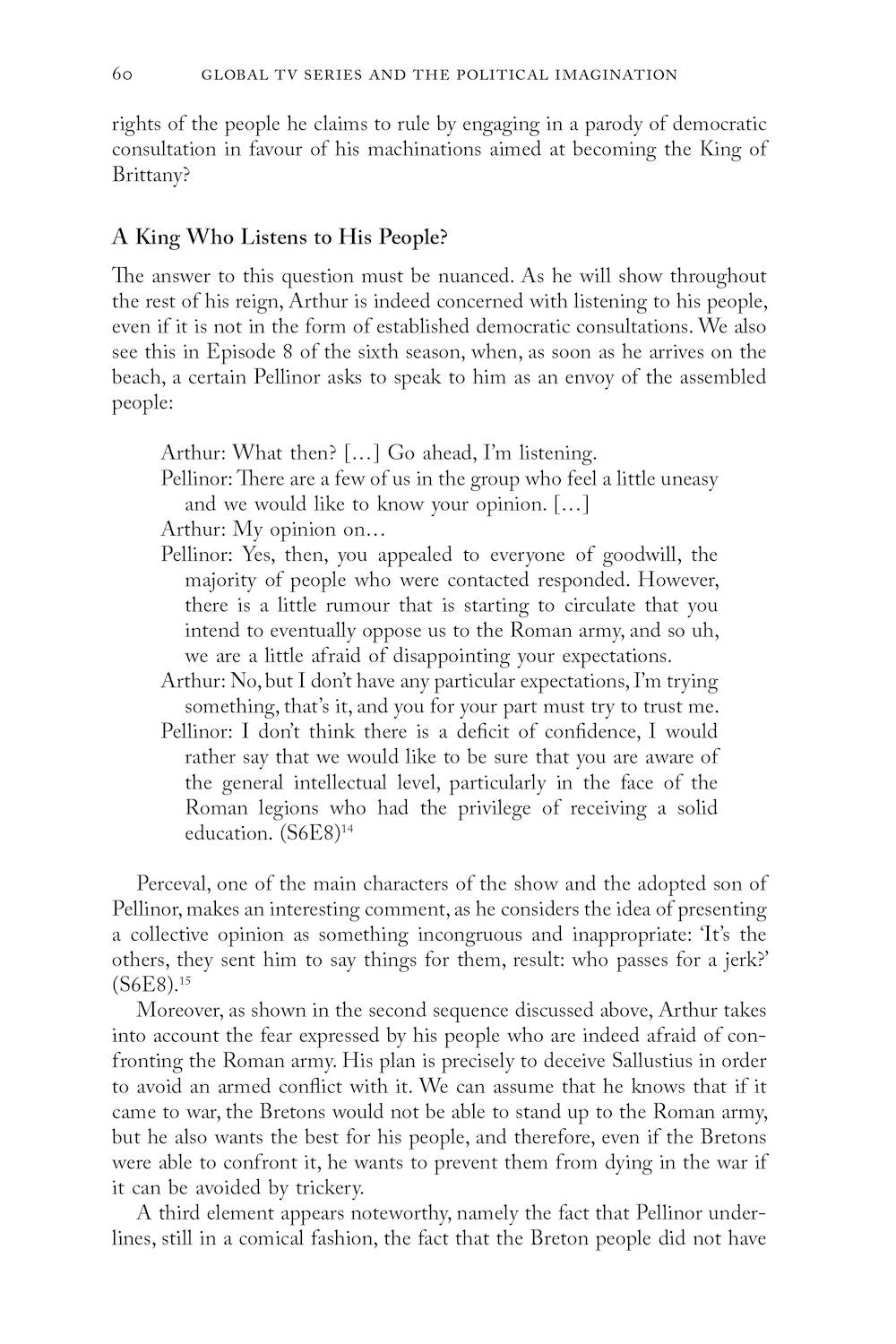
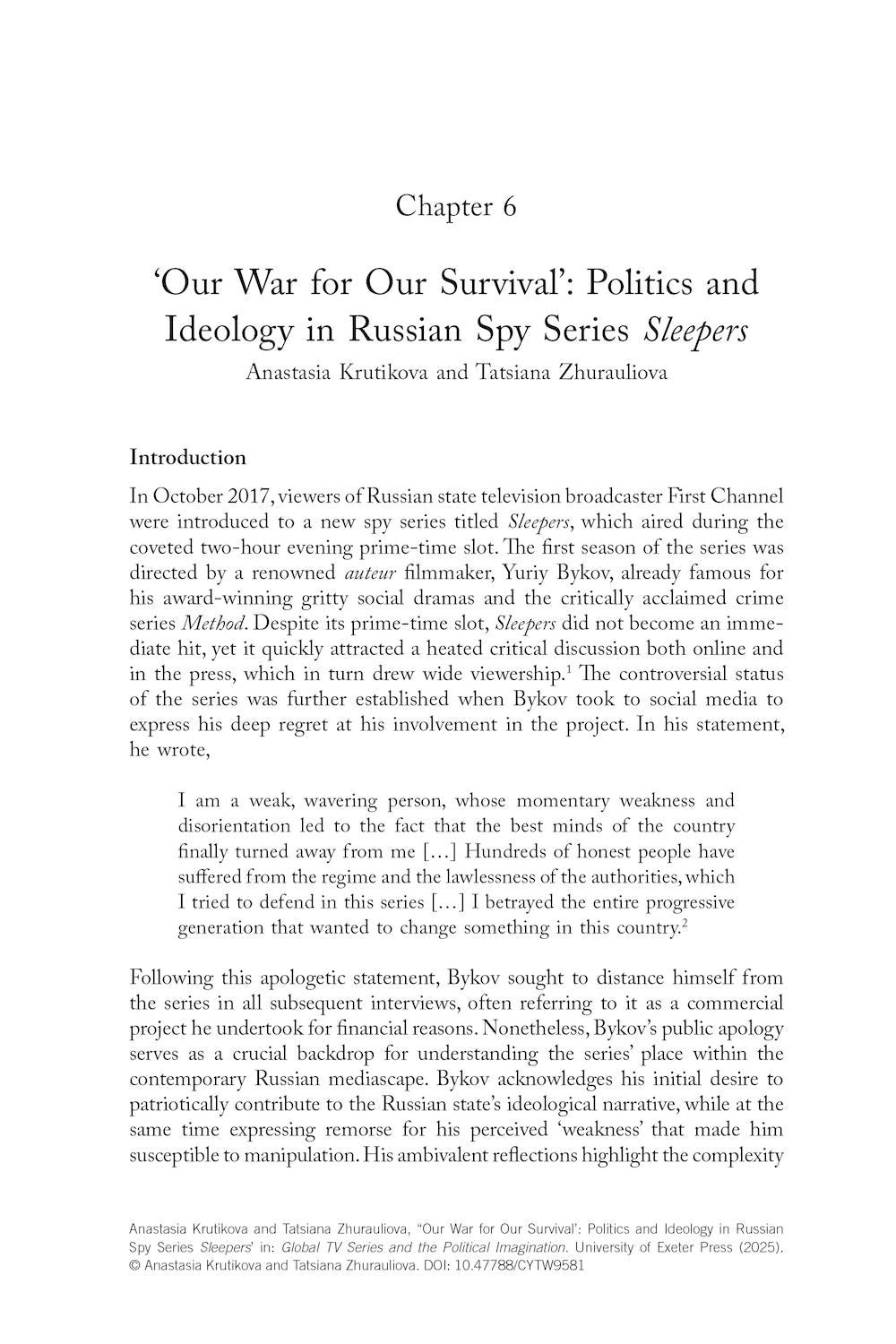
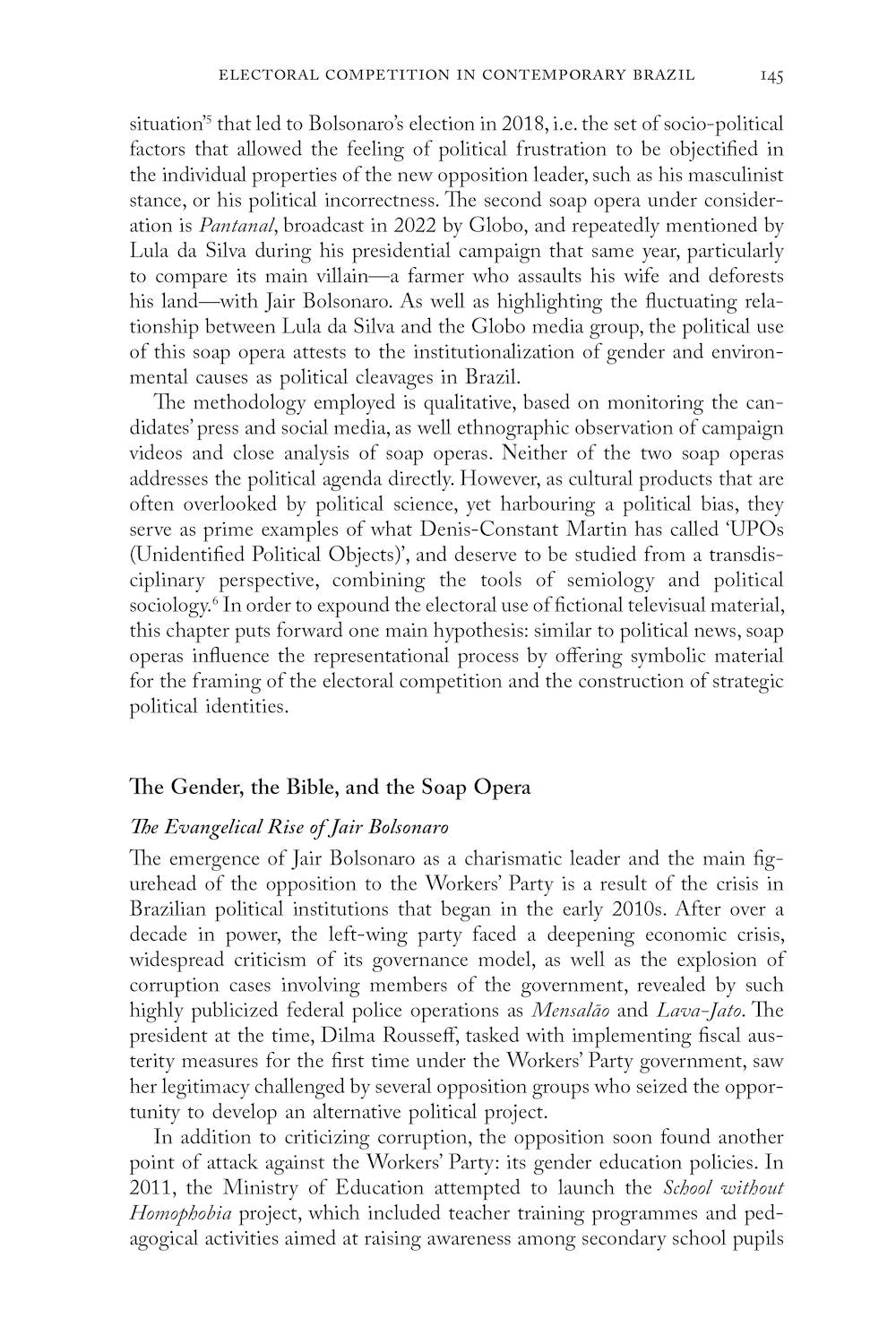
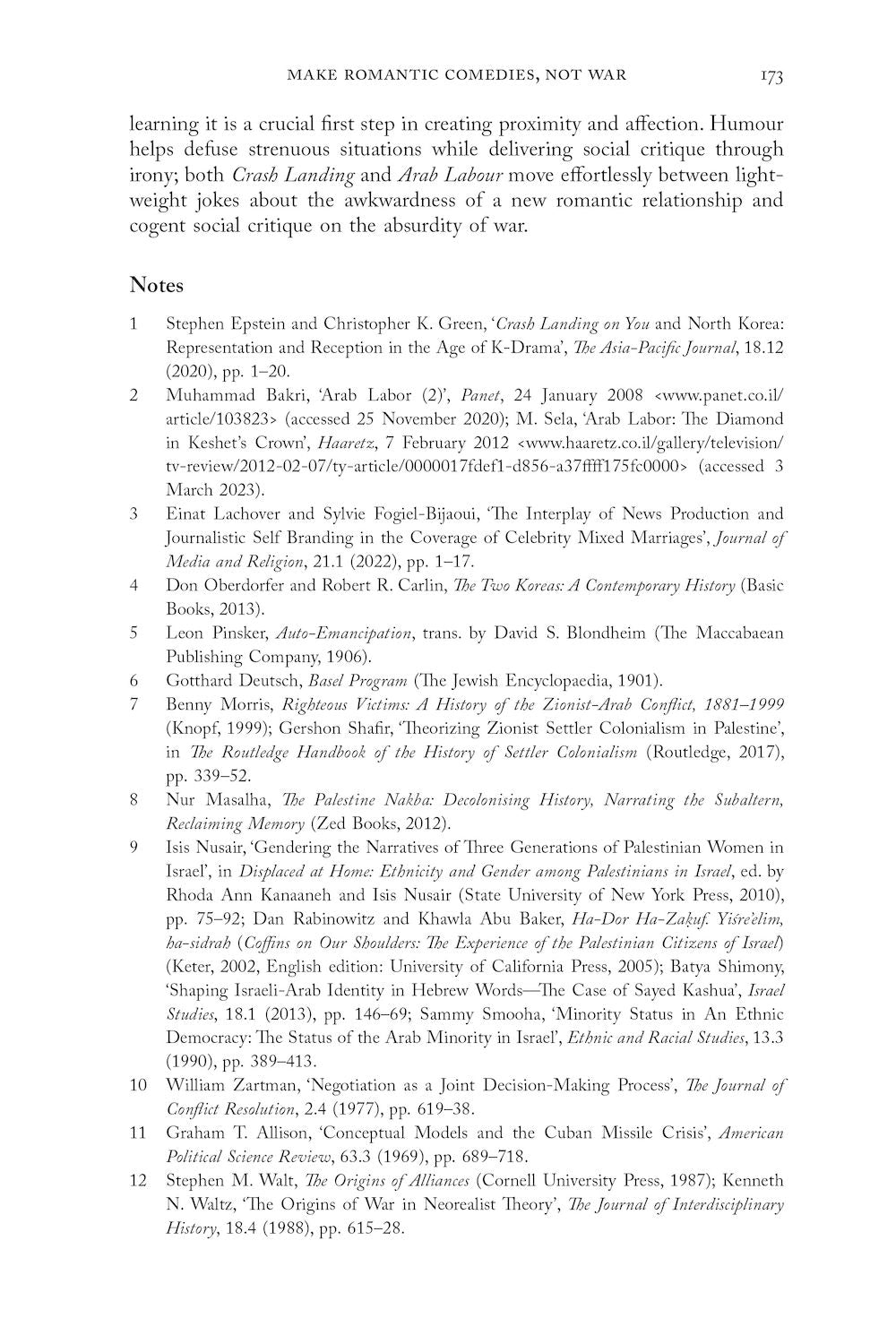
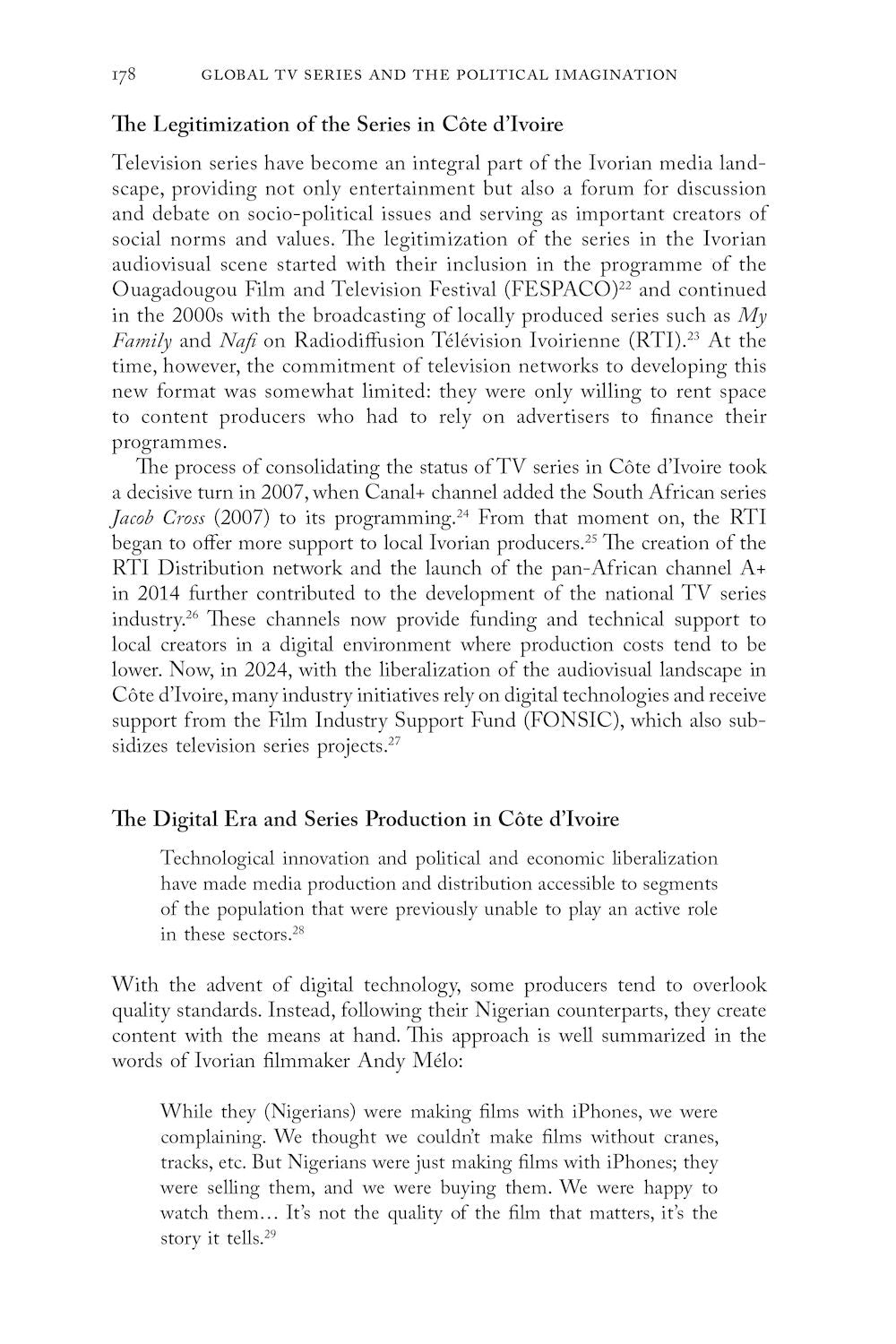
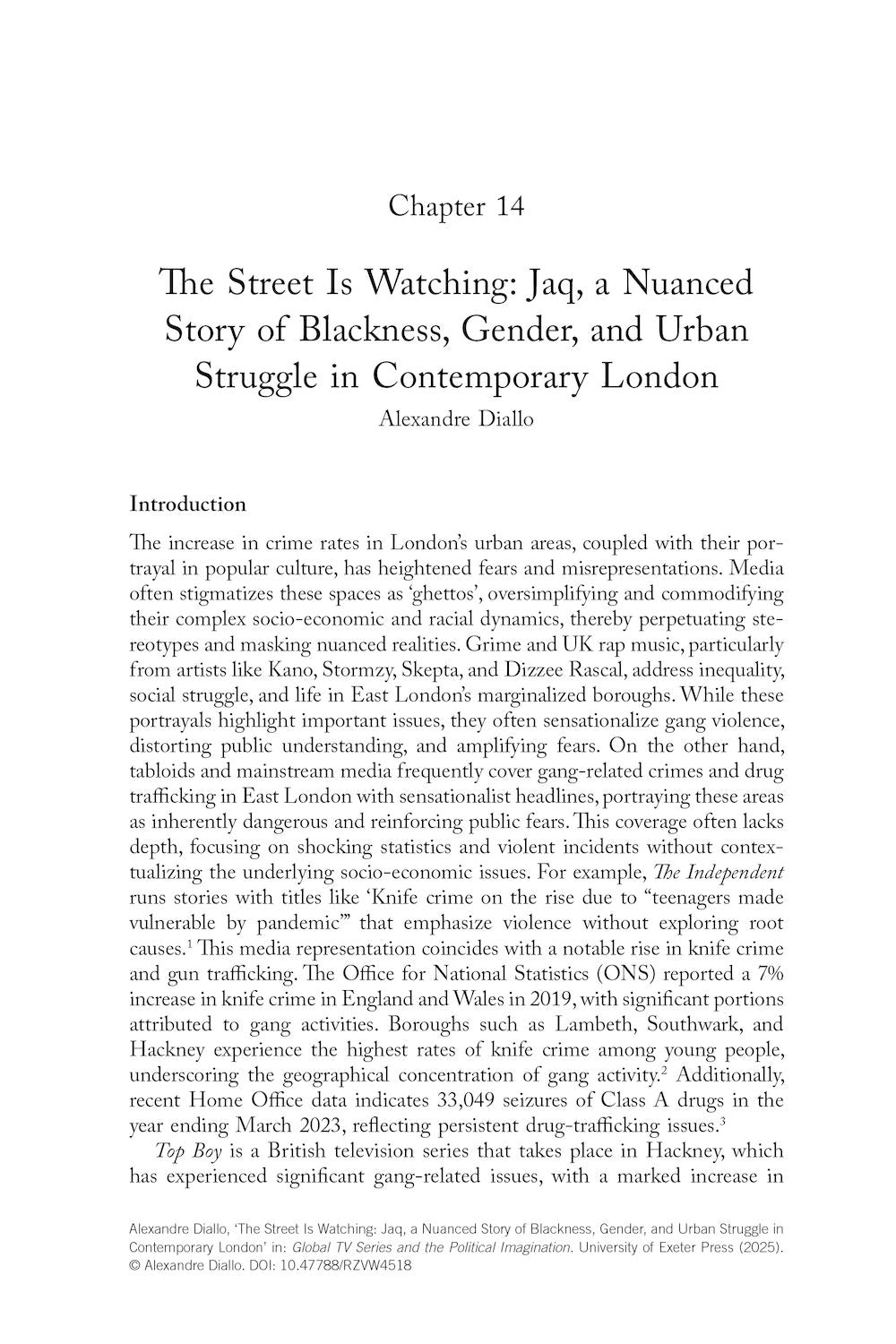
- 352 Pages
Global TV Series and the Political Imagination explores the transformative power of television in the digital age. We live in an era profoundly influenced by the proliferation of global and national streaming services, where contemporary television series have the ability to shape viewers’ political and ethical imaginations. This volume examines how television series reflect and address social issues, power dynamics, and competing ideological perspectives in various cultural and political contexts, with a nuanced analysis of the political implications embedded in their narratives.
Using case studies from sixteen countries across the world with very distinct political contexts and cultures, it offers an expanded view of the global television landscape beyond the traditional focus on anglophone productions. This diversity highlights cross-cultural similarities and differences in the production and reception of television series, and considers the varying effects of globalization on local cultural approaches.
The book makes a strong contribution to the emerging field of TV philosophy, bringing together writings by a diverse group of scholars from different academic disciplines that deepen our understanding of television series as a vital cultural and political force in a globalized world. It will appeal to specialists and students in media studies, cultural studies, philosophy, and related fields, as well as the general reader interested in the impact of modern television formats.
In the current era of political crisis, Tatsiana Zhurauliova and Anastasia Krutikova have pulled together a smart bunch of scholars to analyse and critique the forms and functions of political television in a variety of global contexts, thus expanding the horizon of television studies and encouraging their readers to think big.
Neil Ewen, Associate Professor of Media, Communications and Culture, University of Exeter
This timely and ambitious book explores TV series from across the globe, showing how they shape collective imaginaries and spark critical response. Marking a new departure, it demonstrates through comparative case studies television’s unique power to engage both ordinary life and political agency. As stories circulate across borders, they open shared futures and new ways of imagining community and democracy.
Piergiorgio Donatelli, Full Professor of Moral Philosophy, Sapienza University of Rome
Thoughtful, far-reaching, and bold in scope and method, this stimulating volume reframes television fiction as a medium of world-making and political imagination — a space where narrative becomes a way of thinking, contesting, and reshaping reality across cultures. Timely and urgently relevant, it recenters television studies beyond the Anglophone lens, highlighting the political stakes of serial storytelling today.
Victor J. Krebs, Pontifical Catholic University of Peru
A brilliant contribution to digital culture studies illuminating how global, national and local TV series speak with soft power to current political problems of the public. By crafting new forms of genre, narrative, voice and imaginative engagement they rework rapidly changing constellations of materials, rhythms, and struggles of everyday life in a world marked and platformed by national and democratic aspirations, environmental and security vulnerabilities, and moral concerns.
Juliet Floyd, Borden Parker Bowne Professor of Philosophy, Boston University
Introduction: TV Series in the Age of Global Digital Distribution Anastasia Krutikova and Tatsiana Zhurauliova
DOI: 10.47788/YVIT8901
1. Engrenages: Machiavellian Ethics and Politics for an Unpredictable and Turbulent World in a French Crime Series Philippe Corcuff
DOI: 10.47788/CPSV5340
2. Reshaping Political Drama: Verisimilitude in South Korean Series Chief of Staff Stéphane Thévenet
DOI: 10.47788/MLLB2944
3. Why Talk About Boys? Some Thoughts on Two Israeli Series—Our Boys and Unknowns Ayelet Lilti
DOI: 10.47788/PVNQ5896
4. Medieval Fantasy and Democracy: The Example of the French TV Series Kaamelott Sylvie Allouche
DOI: 10.47788/GMGK4152
5. The Series The Days as a Global Resource for Political Education and Democratic Conversation About Nuclear Energy Governance Adrienne Sala
DOI: 10.47788/GWBP1847
6. ‘Our War for Our Survival’: Politics and Ideology in Russian Spy Series Sleepers Anastasia Krutikova and Tatsiana Zhurauliova
DOI: 10.47788/CYTW9581
7. Teşkilat: The Political Power of Television Series in Turkey Solene Poyraz
DOI: 10.47788/QDOX3785
8. Al-Ikhtiyar or the Apology of the Egyptian State: (Re)Writing History on the Small Screen Sixtine Deroure
DOI: 10.47788/IMXM5686
9. The Knockout: Mirroring the Social and Political Reality of Present-day China Shenshen Cai and Emily Dunn
DOI: 10.47788/DAHO5871
10. Soap Operas, Strategic Identities, and Electoral Competition in Contemporary Brazil Antonio Athayde Sauandaj
DOI: 10.47788/ZKHN9067
11. Make Romantic Comedies, Not War: How Televised Romance Can Help Us Reimagine Everyday Peace in Korea and Israel/Palestine Yuval Katz and Sojeong Park
DOI: 10.47788/HBKR4317
12. Contributing to the Construction of a Democratic Dialogue in Côte d’Ivoire: My Family Series in the Ivorian Political Landscape Othniel Halépian Bahi Go
DOI: 10.47788/SPLY8194
13. Servant of the People: When Imagination Takes Over Thibaut de Saint Maurice
DOI: 10.47788/LZOS7267
14. The Street Is Watching: Jaq, a Nuanced Story of Blackness, Gender, and Urban Struggle in Contemporary London Alexandre Diallo
DOI: 10.47788/RZVW4518
15. The Platform: The Hybridities of Techno-Thriller and Politics in the Emirates Thomas Richard
DOI: 10.47788/KCLL2713
16. Politics and Philosophy in Two Mexican Streaming Thrillers: Ingobernable (Uncontrollable, 2017) and El candidato (The Candidate, 2020) Paul Julian Smith
DOI: 10.47788/HXGE8610
17. Borgen: Power & Glory: Northern Europe’s Green Policies and the Challenge of Relying on Black Gold Benjamin Campion
DOI: 10.47788/SNLM1644
18. Feminism Waves and Series Waves in the USA Sandra Laugier
DOI: 10.47788/BAQF9885
- 352 Pages





























